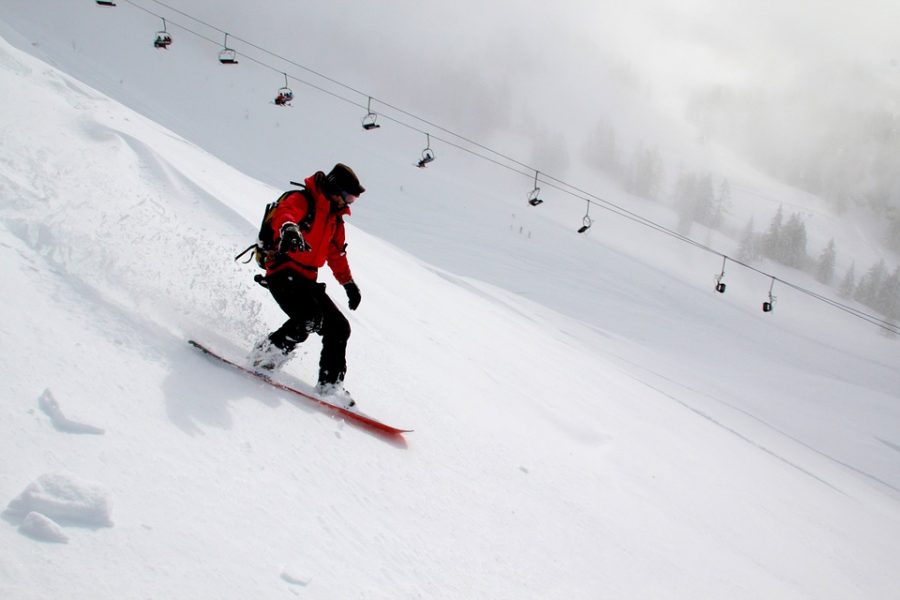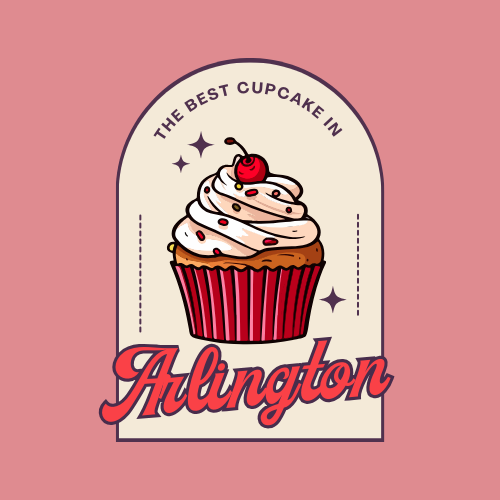On board or on skiis?
Students participate in snow sports during the cold winter months. Some students prefer snowboarding to skiing.
As the peak of the winter season winds down, after a series of long weekends made that much more enjoyable by snow, many students and their families have taken trips to nearby ski resorts to enjoy one of the most popular hobbies of this time of year. However, on the slopes, a longstanding rivalry has been maintained between skiers and snowboarders, which has been continued into the conversation at the school.
According to the International Skiing Association, snowboarding is the newer sport, only really gaining popularity in the 1990s, where skis are said to have been in use by Scandinavian farmers in the early 19th century. In fact, the widely recognized pioneer of modern snowboarding, Sherman Poppen, crafted the first snowboard out of a pair of skis. Therefore, in the sense of originality and classicism, skiing tends to have the edge.
On the other hand, snowboarding has had a larger role in modern pop culture, being a recurrent theme in many successful movies including “Cloud 9,” “Out Cold,” and “Chalet Girl.” There are also far more snowboarding video games than there are skiing video games, which has especially had an effect in popularizing snowboarding for younger generations.
In practice, however, both sports have their perks and their shortcomings. Snowboarders tend to have more maneuverability, using boots that easier to move around in and a board that can be more quickly put on than skis. Additionally, most skiers must carry poles, whereas snowboarders have their hands free to engage in other activities, like eating, drinking or even throwing snowballs.
“I just think that snowboarding is more convenient,” sophomore Alissa Rivero said. “On skis, my movements would be so much more restrained. The skis and the poles would just be really unwieldy, and I would not be able to enjoy it as much as I do with snowboarding.”
Snowboarding also develops skills that are transferable to other endeavors such as surfing or skateboarding, while skiing is more inflexible.
“At first, it wasn’t easy learning how to snowboard,” Rivero said. “Still, once you get the hang of it, so many other things start coming to you more easily because you learn how to keep your balance really well.”
Still, skiing has always been the more inclusive sport, being much easier to pick up and therefore appealing more to families. Skiing injuries are much less common than snowboarding injuries, making it the obvious choice for those who are hesitant or nervous to be on the slopes. Where snowboarding requires one to stretch themselves in somewhat of an unnatural position, skiing is more intuitive.
“Skiing allows for more mobility because your feet aren’t tied down to one board,” sophomore Rebecca Wu said. “I like the feeling of going down a mountain very fast and seeing all the beautiful scenery. With snowboarding, you just don’t get that feeling.”
The truth of the matter is that neither skiing nor snowboarding comes without an opportunity cost. Learning either one is worth the time, and learning both is the best course of action of all. The rivalry between skiing and snowboarding is futile and has lead to a decline in enthusiasm for winter sports overall. If skiers and snowboarders put their differences aside and focused on their commonalities, the world of snow sports would be better off.
“It’s not tribal anymore.” Kelly Davis, director of research at Snowsports Industries America, said to the New York Post. “It’s not ‘you’re either a snowboarder or a skier.’ You can be both.”








